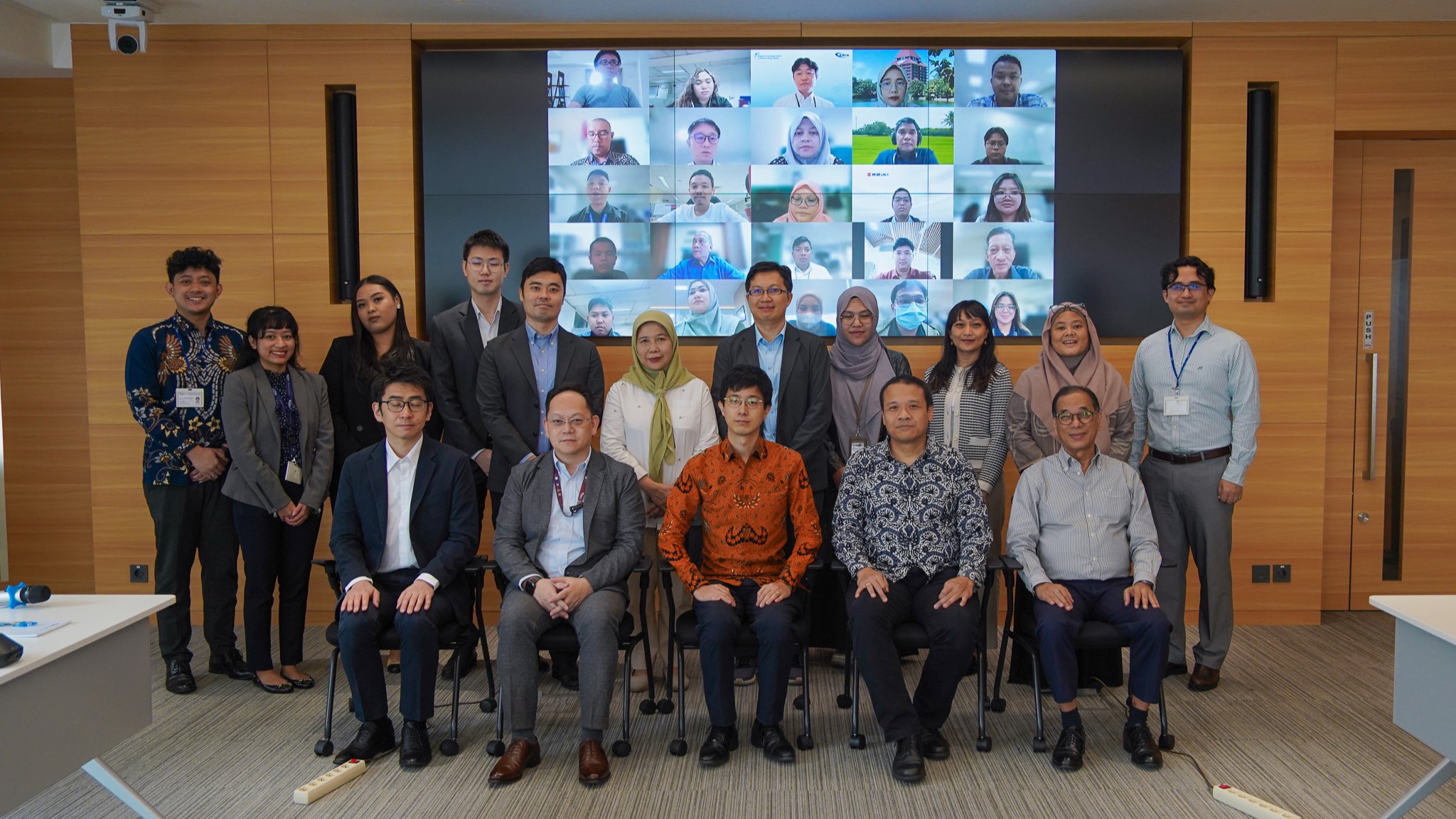Post-Pandemic ASEAN must Bridge the Digital Gender Divide
Date:
13 May 2020By:
Giulia Ajmone Marsan,Category:
OpinionsShare Article:
Print Article:
By Giulia Ajmone Marsan, ERIA's Strategy and Partnership Director and Ms Lydia Ruddy, ERIA's Director of Communications: Asean member states have a unique opportunity to address the digital gender divide through emerging Covid-19 recovery plans. Early indications from Covid-19 research, as well as evidence from past epidemics, suggest that women, on average, are likely to suffer greater economic and social impact during the crisis caused by the pandemic.
That is for several reasons: Women represent the majority of health and social workers who are in a high-risk category due to significantly higher exposure to the virus; school closures induced by lock-downs automatically translate into extra burdens for women who are most likely to be responsible for child-care; and domestic violence, which affects women primarily, has increased due to lock-down measures in both developed and developing countries.
In addition to these social problems triggered by the current public health crisis, women, especially in developing countries, are more likely to face adverse economic impacts during the pandemic.
Women represent the majority of part-time and temporary workers -- jobs that are most at risk in times of layoffs. In many developing countries women make up a large portion of the informal economy and informal workers are more affected by the lock-down as in most cases they cannot telework and are less protected by social safety nets and recovery plans that typically cover formal workers.
An additional downside is that in both developed and developing countries, women entrepreneurs face more difficulty in accessing credit, which is fundamental for the survival of their firms in times of economic downturn. According to the Global Entrepreneurship Monitor 2018, more than 60 million women across Asean operate businesses, the majority of which are SMEs.
However, there is a critical and often overlooked reason why women may suffer more, not only now, but also during the post-pandemic economic recovery phase: the lack of women's participation in the digital economy.
The Covid-19 emergency is catalysing the shift towards digital economies. This can be seen as offering a silver lining: e-commerce is practical and ideal in times of social distancing, new convenient online services are being developed, online teaching and learning can help regenerate skills of workers in Asean economies.
But there is a sizeable risk as well: the transition towards the digital economy must be inclusive.
The post-Covid-19 transformation will most likely generate a higher demand for more digitally-related jobs and skills. This means that the "digital divide" has the potential to become an even greater source of inequality. Those groups able to develop and activate the necessary digital skills will succeed and those groups who don't will suffer.
As a group, women fall under this second category -- those lacking digital access and skills. On average women use and access digital technology less often than men: for example, the proportion of women using the internet was 48% in 2019 against 58% of men globally (according to data from the International Telecommunication Union, a UN agency). This gap has been growing over the last few years in the Asia Pacific region. Some countries in South East Asia exhibit great gender disparities as recently shown by analysis from the OECD and Apec: Indonesia, for example, has one of the largest digital gender divides of Apec economies.
Women also lag behind men when it comes to their technological aptitude. Digital skills can be acquired during all education cycles and will be more and more necessary to access higher education levels and professional jobs. Today, a tiny percentage of women in both developed and developing countries access and complete tertiary education programmes in Stem (science, technology, engineering and mathematics). According to the World Economic Forum, only 3% of graduates from ICT (information and communications technology) educational programmes around the world are women, 5% for courses in mathematics and statistics and 8% in engineering, manufacturing and construction.
These skills are often at the basis of tasks that are becoming key in the so-called Fourth Industrial Revolution: problem-solving skills, the ability to develop, adapt and supervise machine algorithms, digital interfacing capabilities, the ability to deal with robotics and automation.
As part of the Covid-19 recovery plans, officials may consider concrete actions to ensure a more inclusive digital economy. Policies and programmes can be revamped to empower women and girls to attain the necessary tools and to remove barriers that inhibit their full participation in a new digital world that is unfolding. We recognise that there are examples of programmes and policies in Southeast Asia to address the gender gap, however, they are still relatively limited and do not create widespread change.
What we are advocating here is a more widespread and concerted set of activities specifically incorporated into Covid-19 recovery plans.
Some of these actions can be taken at the regional level, for example:
- Campaigns to increase awareness of education opportunities in these sectors for women and girls. These campaigns can be complemented by incentives for female students in STEM.
- Develop ad hoc regional programmes to support women entrepreneurship in tech. Including venture capital to be made available to women to create innovation start-ups (90% of these start-ups are owned by men).
- Create media awareness campaigns regarding gender stereotyping and discrimination which discourages girls and women from participating in the digital economy.
- Encourage donors to develop and fund these campaigns and programmes according to the needs and directives of regional officials with input from civil society.
At the national level, Asean member states can consider the following:
- Address the specific characteristics of women-led businesses and girls' education opportunities when developing Covid-19 recovery plan to make sure they get the same opportunities as men.
- Invest in Stem and ICT education programs for girls starting as early as primary school.
- Create pathways and mechanisms to help women transition into STEM jobs.
- Improve gender-disaggregated data to provide basis for fact-based policymaking.
- Develop post-Covid-19 national digital strategies that include addressing the gender divide.
- Make access to digital infrastructure and connectivity for women in less developed and rural areas of the region a priority.
Asean and its member states have a unique opportunity right now to quickly address the gender gaps in the digital economy. It is vital that the region tap into all of its resources now to chart the course through the Covid-19 recovery in a manner that facilitates a smooth transition to the fourth industrial revolution.Women make up 50% of the potential resources in terms of skilled workforce.
Let's make sure that they are part of it.
This opinion piece was written by Dr Giulia Ajmone Marsan, ERIA's Strategy and Partnership Director together with Ms Lydia Ruddy, ERIA's Director of Communications. This oped has been published in The Bangkok Post, The Manila Times, The Nation Thailand, The Borneo Bulletin , The ASEAN Post, The Star, and The Jakarta Post. Click here to subscribe to the monthly newsletter.







